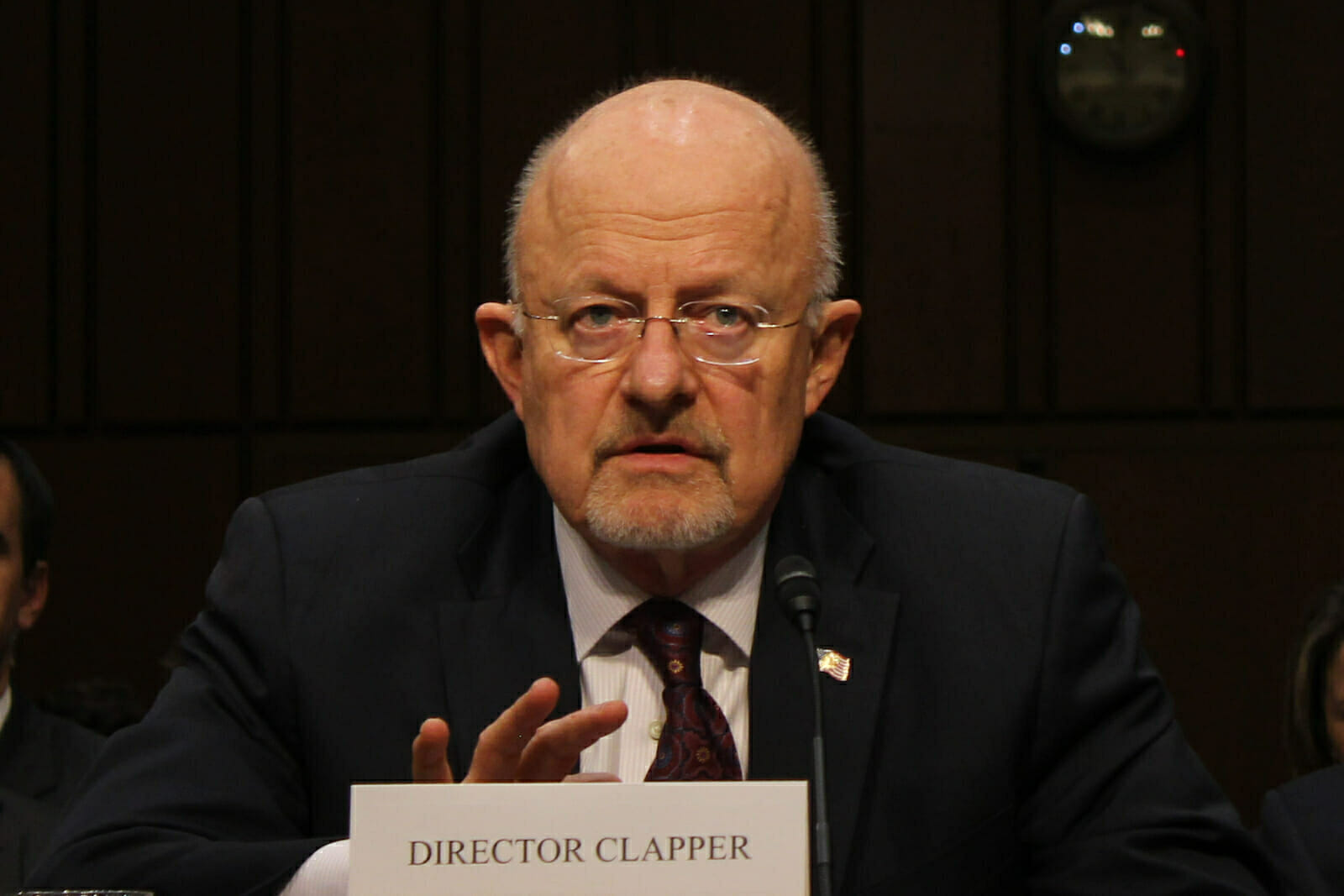
Snowden Docs Won’t Affect U.S.-Singapore Ties
In late November 2013, former National Security Agency contractor, Edward Snowden, again leaked sensitive documents to the press exposing more U.S. intelligence activities.
This time the U.S. fugitive revealed extensive intelligence cooperation between the U.S. and Singapore in the realm of communications intelligence. According to the leaked documents, Singapore is aiding the U.S. National Security Agency (NSA) to intercept international telecommunications and Internet traffic in Southeast Asia. Specifically, Singapore’s foreign intelligence agency – the Security and Intelligence Department (SID) – is working with the NSA to tap undersea high-speed fibre optic cables carrying anything from phone calls to text messages to emails. Also facilitating the tap is SingTel – Singapore’s largest phone company and major telecommunications player in the region. If true, then Singapore is in effect aiding the U.S. to spy on Southeast Asian countries whose international telecommunications and Internet traffic are being routed through Singapore.
Snowden’s latest exposé should have been a bombshell causing serious damage to relations between Singapore and her neighbours. A tiny nation-state in Southeast Asia, Singapore is surrounded by Indonesia and Malaysia – two sizable Muslim countries whose international telecommunications and Internet traffic are allegedly being intercepted. As a longstanding member of the Association of Southeast Asian Nations (ASEAN), Singapore is expected to abide by that alliance’s principles and not assist a major external power to spy on other ASEAN members. As ASEAN members, Indonesia and Malaysia have every reason to be infuriated with Singapore given Snowden’s latest exposé. During the Cold War, CIA covert operations in Southeast Asia not only brought about tremendous suffering but also tore the region apart. Consequently, suspicion of American intrigue runs deep even today.
Yet, the reactions from Indonesia and Malaysia to Snowden’s latest exposé have so far been decidedly subdued. The Singapore high commissioner to Malaysia was summoned to the Malaysian Ministry of Foreign Affairs to explain Singapore’s side of the story but left shortly after stating that he had no knowledge of the alleged espionage activities. Meanwhile, Indonesia has yet to even ask for an explanation from the Singapore government. If Snowden had thought that his revelation might raise tensions between Singapore and her neighbours, then the former Booz Allen Hamilton employee must be disappointed by now.
Why is Snowden’s revelation of close intelligence cooperation between the U.S. and Singapore not a bombshell? More significantly, why was the reaction by Indonesia and Malaysia to his latest exposé so muted? The answer is realpolitik. Simply put, both Indonesia and Malaysia recognize that the benefits of peace and stability in Southeast Asia far outweigh the costs of confrontation and factionalism. If the two countries were to pursue this matter aggressively, they would almost certainly lose out. Both the U.S. and Singapore have for years been the largest foreign investors in Indonesia and Malaysia pouring tens of billions into their economies annually. Needless to say, escalating regional tensions will only temper the flow of foreign direct investment into the two Muslim countries. Furthermore, governments around the world are aware of the fact that countries often cooperate on intelligence matters and indeed, international security is enhanced as a result.
Both the Indonesian and Malaysian government must understand that as well since they too engage in regular intelligence exchanges with the U.S. on matters of mutual concerns. If anything, Snowden’s latest exposé probably caused more inconvenience than consternation since the countries involved are forced to address an inconvenient truth publicly. What is most likely to happen now is that this matter will soon be forgotten by the Indonesian and Malaysian governments – never to be brought up again, at least publicly. Perhaps the more interesting question is why Singapore put its relations with Indonesia and Malaysia at risk by cooperating with the U.S. in these cases.
A tiny nation-state, Singapore simply does not have the kind of intelligence resources to operate worldwide. Assuming that Singapore spends about ten percent of her defense budget on intelligence annually – a percentage more or less in line with what the U.S. spends on hers – the rough figure of $1 billion is still less than 1/50th of what the U.S. spends on intelligence in 2012. So unlike the U.S., Singapore cannot possibly operate on a global scale in the intelligence realm given the minuscule amount of resources at her disposal. The upshot is that this tiny nation-state if she were to operate unilaterally, would never be able to secure a broad spectrum of intelligence information from different parts of the world. In order for her to gain access to a wide range of information vital to her own security, Singapore must join forces with a major power that collects intelligence around the world. Only then could it hope to receive in return information that it could not have collected otherwise.
An example of this quid pro quo came to light in December 2001 when Singapore security forces, using intelligence information provided by the U.S., foiled a plot by Islamic militants to bomb key installations in the nation-state. Significantly, clues pointing to the deadly plot were uncovered by U.S. forces in Afghanistan and if the U.S. did not share the information in its possession with Singapore, the course of events in the tiny nation-state might have been very different.
Why does the U.S. have to cooperate with Singapore? The NSA is one of the largest spy agencies in the world with an estimated $10 billion annual budget. As America’s leading communications and signals intelligence agency, the NSA maintains an array of high-tech surveillance equipment on land, in the ocean, in the air and even in space. It is believed that this equipment is so potent that it vacuums up enough electronic data to fill up the entire U.S. Library of Congress every 3 hours or so.
The NSA also hires a sizable army of engineers, computer scientists, mathematicians, linguists, intelligence analysts and of course, private contractors. In all, more than 60 thousand military and civilian personnel work at its headquarters in Fort Meade, Maryland, and on U.S. bases around the world. Considering the massive amount of resources at the NSA’s disposal, it is safe to say that few electronic communications – text messages, faxes, emails, and phone calls – are secure today. Yet, according to documents leaked by Snowden, Singapore plays a key role in the NSA’s global electronic dragnet. Why does the powerful NSA need Singapore’s assistance?
The answer is fairly straightforward too. Firstly, given the vast amount of information out there today, no spy agency can single-handedly collect and process everything that is available. Notwithstanding its massive budget and workforce, the NSA still does not have the full spectrum of expertise and resources to support all its espionage activities around the world. So it is only logical that it would pool expertise and resources with other agencies on matters of mutual concerns. Secondly, Singapore retains distinct geographical advantages that appeal to the NSA. Major undersea fibre optic cables carrying international telecommunications and Internet traffic pass through Singapore turning the tiny nation-state into a major telecommunications hub in the region. And SingTel – Singapore’s state-owned phone company – oversees that network of undersea cables. Moreover, as a major telecommunications player in Southeast Asia, SingTel must be included in any secret program to monitor communications in the region.
If Snowden had intended his latest exposé to be a bombshell, then he failed. Indeed, his revelation of extensive intelligence cooperation between the U.S. and Singapore is now conveniently forgotten by the countries involved. Intelligence cooperation between countries is commonplace even though few governments will admit to it publicly. Motivated by a cold calculation of national interest, countries often join forces in the intelligence realm. In the case of the U.S. and Singapore, it is no different.

